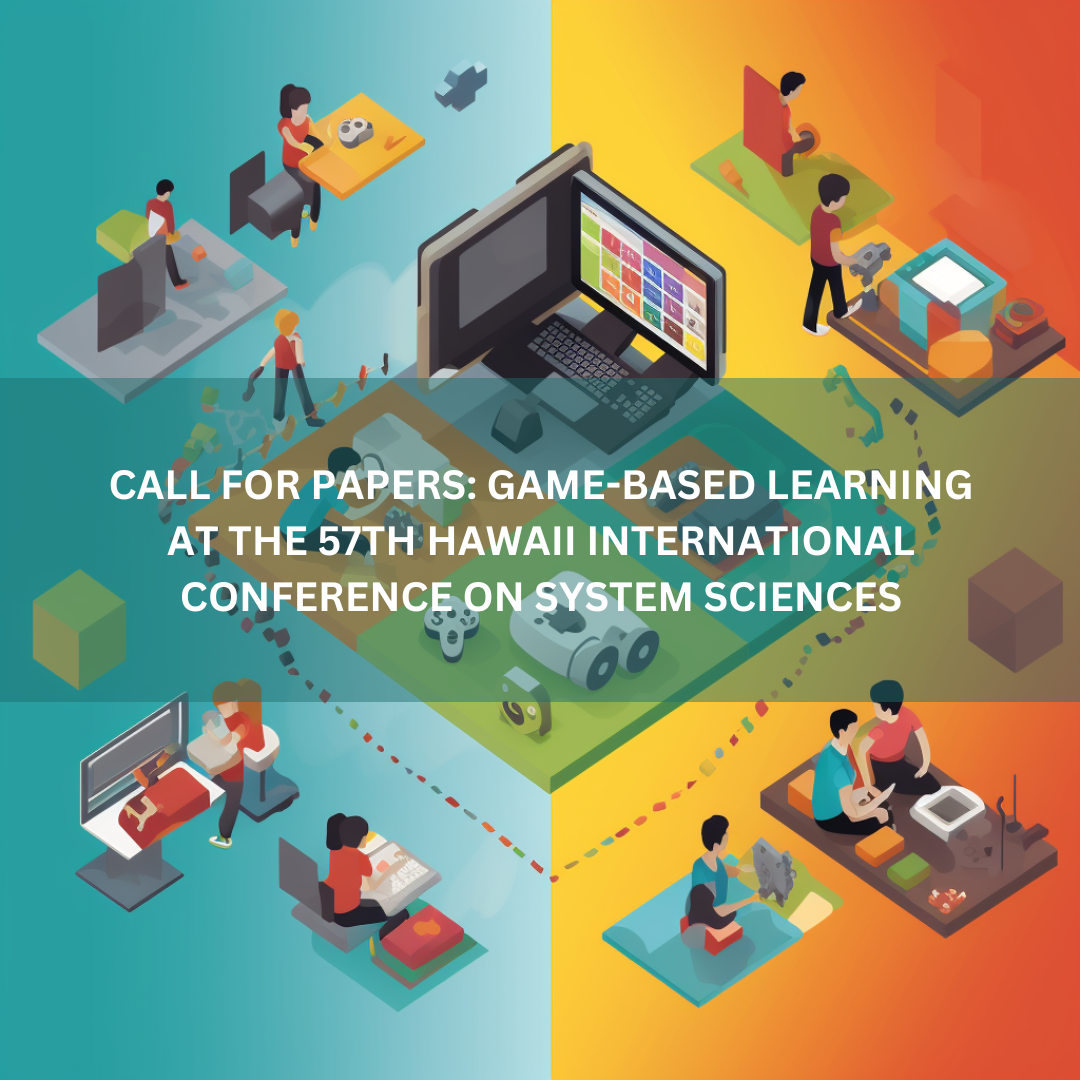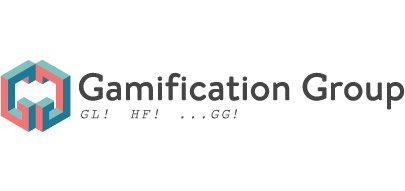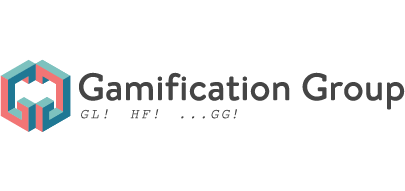
CALL FOR PAPERS: GAME-BASED LEARNING AT THE 57TH HAWAII INTERNATIONAL CONFERENCE ON SYSTEM SCIENCES
Game-based learning (GBL) broadly refers to learning and education that involves characteristics of games and play in their design, pedagogy, praxis, culture or teacher and learner experience. Game-based learning is a broad field of research and practice and contains under its umbrella for example the following key concepts: educational games, serious games, gamification of learning, games-with-a-purpose, science games, simulation games, smart toys.
Gamefulness has increasingly become an integral part of any learning and education, and its rise is based on the premise that games are able to invoke beneficial engagement, interest, and motivation as well as cognitive, emotional, and social skill development.
To advance the literature on GBL, this minitrack encourages submissions from any disciplinary background reporting different kinds of studies: e.g., empirical studies, case studies, methods and techniques, conceptual frameworks, and literature reviews. Beyond the title of the minitrack, the minitrack covers research and practice framed as related to neighboring concepts such as educational games, serious games, gamified learning, single- and multiplayer games for learning, simulation, and training games, gameful design, etc. Studies should cover, but are not limited to, the following issues:
- Users: e.g., studies on the effects of GBL on usability, engagement, experience, motivations, user/player types, individual differences, user modeling, etc.
- Educational science: educational effectiveness of GBL, educational theories and their application in GBL, games as assessment tools, games as educational research tools, pedagogical models for GBL, instructional design of GBL, learning mechanisms in GBL, emotions and affective interaction
- Computing: Computational aspects involving GBL, e.g., tangible and physical computing, artificial intelligence / data-driven approaches, algorithms, frameworks, architectures, etc.
- Technology: e.g., GBL in mobile games, procedural content generation, etc.
- Arts & Design: e.g., user interface design, emotional design, design of learning mechanics, mapping instructional methods to game mechanics, inclusive design and accessibility issues, narratives, media, and & languages in GBL, localization in GBL.
- Culture: e.g., socio-cultural relations involving GBL, Anthropology, and poetics in GBL, bodies, gender, and politics in GBL, etc.
- Pedagogy: pedagogical aspects (e.g., personalization, collaborative learning, blended learning, cognitive process, intellectual skills, edutainment, etc.) in GBL.
- Learning analytics: e.g., adaptivity and personalisation in GBL, studies involving GBL in the learning analytics process, game-mechanics adaptation based on learning data.
- Health: GBL for health, effects of GBL in health, health literacy, behavioral change.
- Theories/concepts/methods: e.g., contributions to science around GBL
- Ethics: i.e., general ethical aspects involving GBL.
You can read the introduction to the first edition of the GBL minitrack to know the previously published papers and reflect on some challenges in the area:
Oliveira, W., Hamari, J., Kiili, K., & Vasileva, J. (2023). Introduction to the 1st Game-based Learning Minitrack. In proceedings of the 56th Hawaii International Conference on System Sciences (HICSS), 4669-4670.
Authors of accepted papers have the option to fast-track extended versions of their HICSS papers to: · Smart Learning Environments · Internet Research · AIS Transactions on Human-Computer Interaction
Important Dates:
- April 15: Submissions begins
- June 15: Submissions deadline (11:59 P.M. HST)
- August 17: Notification sent to authors
- September 4: Revision deadline
- September 10: Final acceptance notifications sent to authors
- September 22: Deadline for authors to submit the final manuscript (camera ready)
- October 1: Registration deadline
- January 4-7: Conference
- February 15 (date subject to change): Submission deadline for extended versions of selected papers to one of the associated journals (Optional)
Moreover, the Game-based learning minitrack is part of the Gamification Publication Track: http://gamifinconference.com/gamification-track/
TRACK CHAIRS
Wilk Oliveira (primary contact), Tampere University – wilk.oliveira@tuni.fi
Maximilian Altmeyer, German Research Center for Artificial Intelligence – maximilian.altmeyer@dfki.de
Juho Hamari, Tampere University – juho.hamari@tuni.fi




Sorry, the comment form is closed at this time.